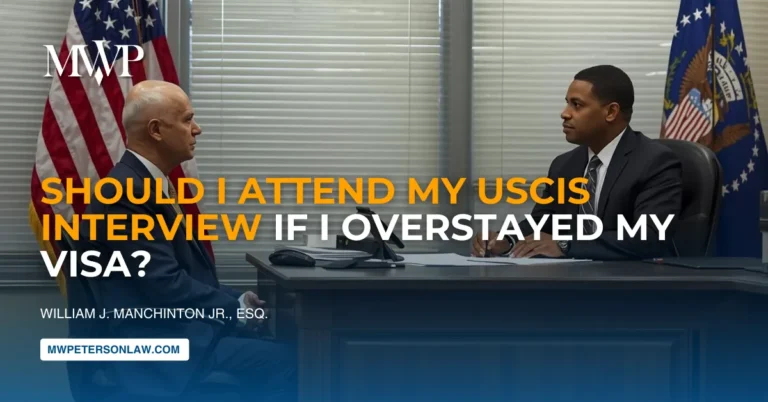Money laundering in Massachusetts represents one of the most sophisticated financial crimes prosecuted. While often associated with dramatic portrayals in film and television, the reality of money laundering involves complex financial transactions designed to obscure the illegal source of funds. Massachusetts residents facing such allegations need to understand both state and federal approaches to prosecution, particularly in light of existing case law.
What Constitutes Money Laundering in Massachusetts?
At its core, money laundering in Massachusetts involves knowingly engaging in financial transactions with proceeds derived from unlawful activities.
Massachusetts General Laws Chapter 267A defines money laundering as conducting financial transactions with property known to be derived from
felony criminal activity, with the intent to either promote that activity or conceal the source of the funds.
The statute identifies several essential elements that prosecutors must prove beyond a reasonable doubt:
The defendant engaged in a financial transaction
The funds involved were proceeds of specified unlawful activity
The defendant knew the funds were derived from some form of illegal activity
The defendant acted with specific intent regarding those funds
This final element—specific intent—is where Massachusetts law recognizes two distinct forms of money laundering:
Concealment vs. Promotional Money Laundering
Concealment Money Laundering
Concealment money laundering focuses on hiding the origin of illicit funds. Under M.G.L. ch. 267A, this occurs when someone conducts a financial transaction “knowing that the transaction is designed in whole or in part to conceal or disguise the nature, location, source, ownership, or control of the proceeds of specified unlawful activity.”
Common concealment techniques include:
Creating complex layers of transactions through multiple accounts
Using shell companies or nominee owners to obscure beneficial ownership
Converting cash to other financial instruments
Purchasing high-value assets that can later be sold as “legitimate” income
The prosecution must prove the defendant specifically intended to hide the source of the funds, not merely that they engaged in a transaction with illegal proceeds.
Another form of
concealment money laundering involves structuring transactions in a way designed to avoid state and federal transaction reporting requirements, e.g. making dozens of cash deposits on the same day at different banks, all under $10,000 to avoid triggering a mandated bank report of a single, large-amount cash deposit.
Promotional Money Laundering
Promotional money laundering, by contrast, involves using illicit funds to further criminal enterprises. This occurs when someone conducts a financial transaction “with the intent to promote the carrying on of specified unlawful activity.”
Reinvesting drug profits into purchasing more inventory
Using fraudulently obtained funds to expand criminal operations
Paying accomplices or covering operational expenses of criminal activities
Financing new criminal ventures with proceeds from previous crimes
The distinction is crucial for both prosecution strategies and defense approaches. Promotional money laundering focuses on the forward-looking intent to further criminal activity, while concealment money laundering addresses backward-looking efforts to hide the criminal source.
Commonwealth v. Braune: The Convergence of State and Federal Jurisprudence
The landmark case of
Commonwealth v. Braune significantly shaped how money laundering is prosecuted in Massachusetts by establishing the relationship between state and federal approaches.
In Braune, the Supreme Judicial Court of Massachusetts determined that where the Commonwealth’s money laundering statute closely mirrors federal language, prosecutors may rely on federal case law to support their theories of prosecution.
This decision has far-reaching implications for defendants. Prosecutors may strategically draft indictments to leverage more developed federal precedents when advantageous to their case. The theories under which a case is indicted—whether emphasizing concealment or promotion—may determine which body of case law applies.
For example, if a prosecutor indicts under a concealment theory that closely parallels
18 U.S.C. § 1956 (the federal money laundering statute), they may cite federal cases establishing what constitutes “design to conceal.” Conversely, if unique aspects of Massachusetts law are pursued, a prosecutor will have more leeway but less access to persuasive federal precedent.
Defense attorneys must be prepared to navigate both state and federal jurisprudence, particularly when challenging the sufficiency of evidence or requesting jury instructions. This dual-track analysis makes money laundering cases especially complex in Massachusetts courts.
Practical Implications for Massachusetts Residents
The complexity of money laundering laws in Massachusetts means that seemingly innocent financial activities can sometimes fall under scrutiny. Business owners who handle large cash transactions, individuals receiving overseas transfers, and those involved in cryptocurrency exchanges should maintain detailed records of their financial activities.
Money laundering allegations often accompany other charges, such as drug trafficking, fraud, or tax evasion. The penalties are severe, with Massachusetts law providing for imprisonment of up to six years, substantial fines, and asset forfeiture.
The practical distinction between concealment and promotional money laundering may impact sentencing recommendations and plea negotiations. Defendants facing concealment charges may have different defense strategies available compared to those accused of promotional money laundering.
Understanding The Nuances of Money Laundering Law in Massachusetts
Understanding the nuances of money laundering law in Massachusetts requires appreciation of both state statutes and federal precedents. The distinction between concealment and promotional money laundering represents more than technical legal categories—it shapes how cases are investigated, charged, and defended.
Commonwealth v. Braune’s recognition that federal case law may apply depending on prosecution theories adds another layer of complexity to these cases.
For those facing investigation or charges related to financial crimes in Massachusetts, early consultation with legal counsel familiar with both state and federal money laundering jurisprudence is essential to navigating this intricate legal landscape. If you are looking for an experienced legal help, contact the Law Office of Matthew W. Peterson now.











